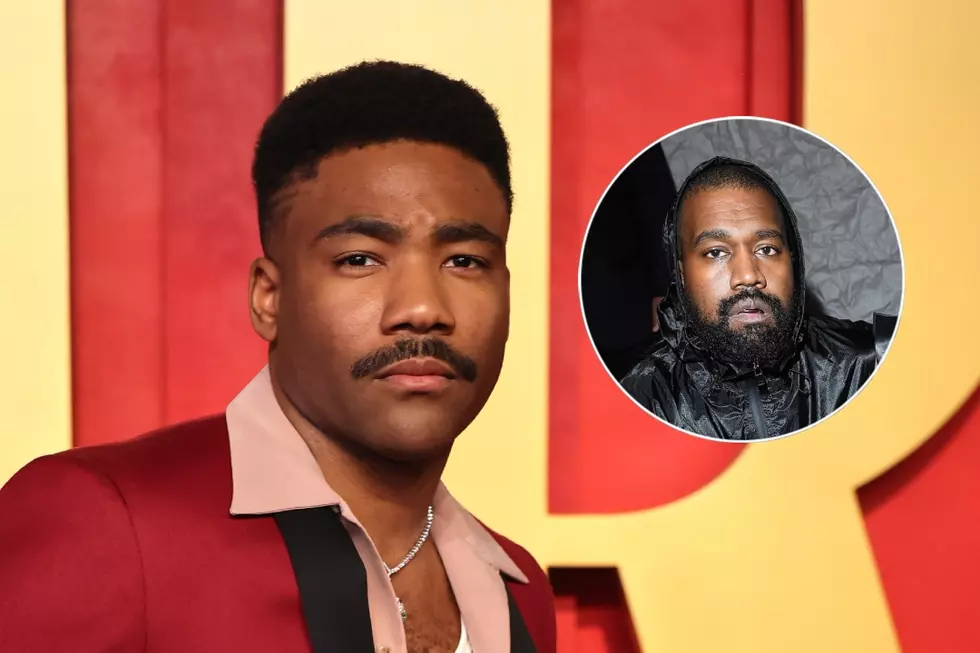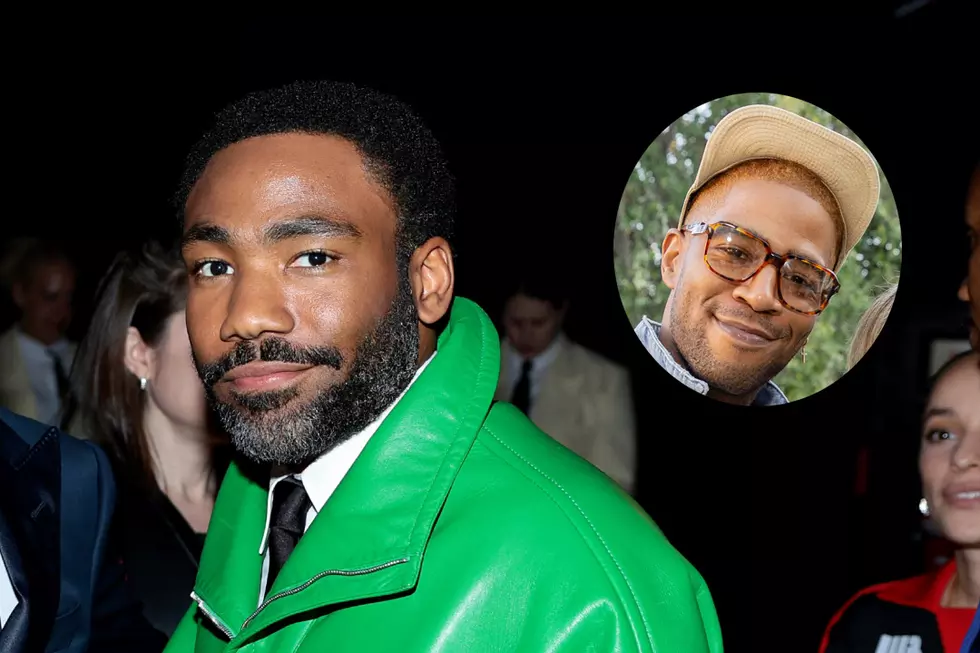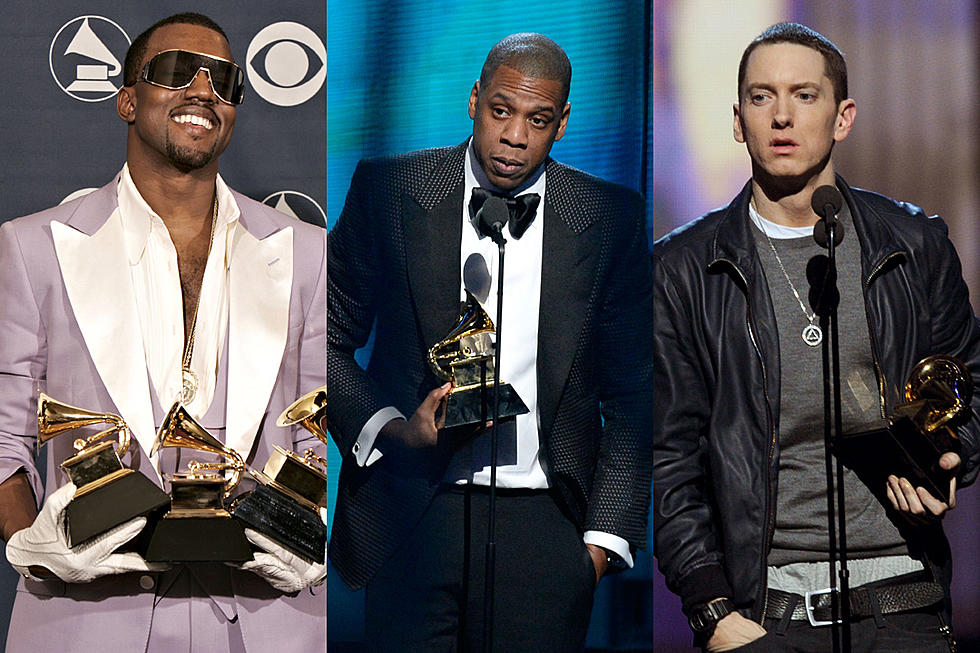
Childish Gambino, Camp
It took a while, but people—listeners, media, peers—are finally realizing that Childish Gambino isn’t a joke or a shtick. Why Gambino, the rap moniker of actor/comedian/writer Donald Glover, has to fight this rep should be no surprise. Too frequently, anyone with some semblance of spotlight tries to spit (Justin Bieber, Vinny from Jersey Shore, Spencer Pratt and too many more), and the results are usually abysmal. Combine that with the fact that Gambino’s rhymes are actually often funny, and he’s immediately fighting presumptions. As he began to do with past free releases like Culdesac and EP, Childish Gambino convincingly makes the case for respect as a rapper on his first retail offering, Camp.
Over electro leaning beats, Gambino stunts lyrical ingenuity, as he deftly tackles issues of race, class and family. His approach is layered: the 28-year-old boasts of current philandering and self-assuredness, then he balances that cocksureness with confessions of insecurities. It comes off as part overcompensation, part truth. And it’s Gambino’s acceptance, digestion and presentation of his own truth, paired with unapologetic lyricism, that has won over many fans.
The strongest display of Gambino as a lyricist comes on the album’s lead single, “Bonfire.” It’s his “I can really rap” moment, where the NYU graduate is intent on stringing together as many witty, imaginative lines as possible, kicking bars like, “I love pussy, I love bitches, dude, I should be runnin’ PETA,” and later “This rap is child’s play, I do my name like Princess Di.”
When it comes time for content and concepts, which mark the album, Gambino maintains an ability to relay the aspects of his situation that define him as an individual. On “Hold You Down,” he touches on growing up with a foster family, getting picked on at school, and not being “Black enough”—a theme that persists and continues to trouble Donald Glover. “This one kid said somethin' that was really bad/He said I wasn't really Black because I had a dad/I think that's kinda sad/Mostly cause a lot of Black kids think they should agree with that,” he spits in the song’s second verse. "Outside," again, deals with race, as well as his relationship with family, particularly his cousin.
On the album’s closer, “That Power,” one of a number of tracks where the all-around talent shows his singing abilities, too, he continues, indicting ignorance, no matter whose mouth it comes from: “Every Black ‘You’re not Black enough’ is a White ‘You’re all the same.’”
The narrative at times grows frustratingly predictable, though, akin to the zero-to-hero, standing-in-line-to-bottle-service stories that many rappers use as a crutch. This is typified in the final couplets of “Fire Fly,” where Gambino raps, “Girls used to tell me I ain't cool enough/Now text me pics sayin', ‘You could tear this up’/I don't really like shades, big rims, or jewelry/But gettin' time of day from a model is new to me/Bein' me isn't as hard as it used to be/Now everyone sing the chorus man, you do it so beautifully.”
Still, taken on the whole, Camp is full of top-tier lyricism, honesty, uncertainty and triumph. Childish Gambino is on his way to becoming a real hip-hop force, heading in a direction all his own. —Adam Fleischer
More From XXL









